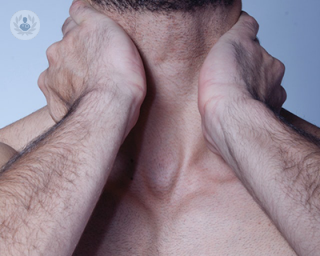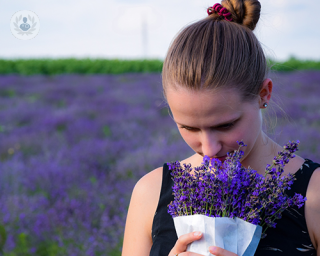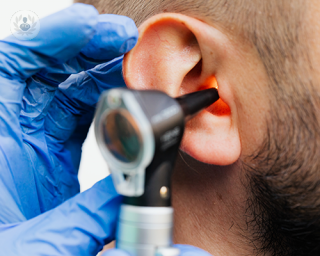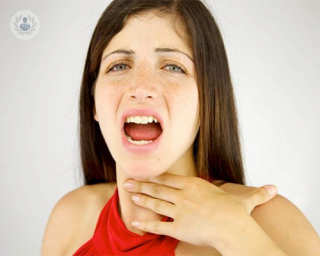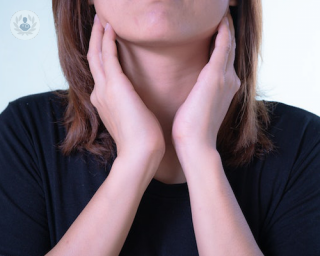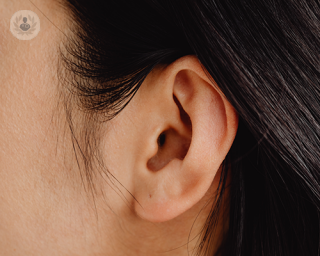
By Mr Gaurav Kumar
19.05.23
Otolaryngology / ENT
Endoscopic ear surgery: An expert guide to minimally invasive ear surgery
Mr Gaurav Kumar is a leading and highly skilled endoscopic ear surgeon who specialises in the treatment of a range of ear conditions using the latest advancements in minimally invasive endoscopic ear surgery. Here, he explains what conditions minimally invasive endoscopic ear surgery can treat and what advantages it offers over traditional methods, among other important points.



